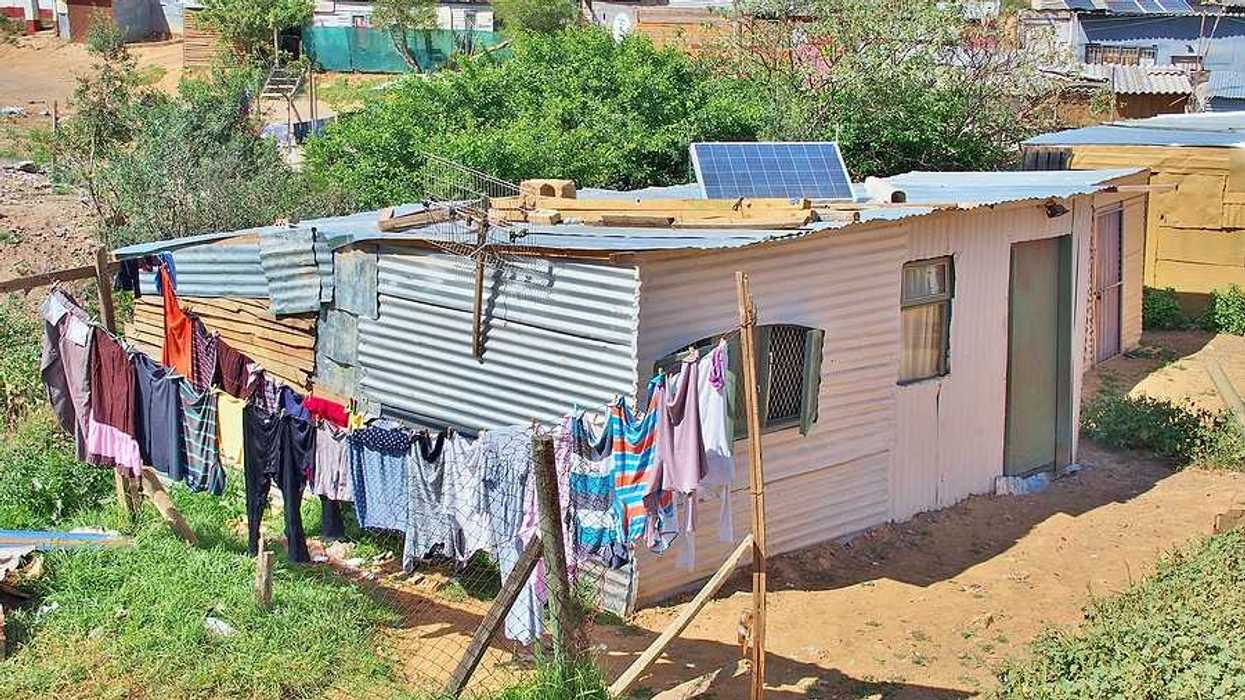A surge of previously undocumented earthquakes in New Mexico’s Permian Basin has led the state to cancel 75 planned wastewater injection wells, citing the link between injection activities and seismic events.
Jerry Redfern reports for Capital & Main
In short:
- New Mexico’s Oil Conservation Division canceled 75 wastewater injection wells in the Permian Basin following the discovery of thousands of small, induced earthquakes.
- Injecting wastewater into underground rock formations increases pressure, causing seismic activity in areas around the wells.
- Recent research utilizing machine learning uncovered numerous undetected quakes, which helped inform state regulations to prevent further seismic disturbances.
Key quote:
“The most likely causes of earthquakes in that area is injection activities. So if there was no injection activities, even the smaller earthquakes wouldn’t be happening.”
— Urbi Basu, Seismological Observatory at the New Mexico Bureau of Geology
Why this matters:
Wastewater injection from oilfields can cause earthquakes, posing risks to infrastructure and safety. As oil production increases, so does the volume of toxic wastewater, raising concerns about managing this waste without exacerbating seismic activity.














